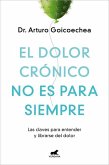
20,99 €
Versandfertig in über 4 Wochen
Broschiertes Buch
20. Februar 2024
Prh Grupo Editorial

Ähnliche Artikel
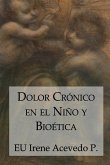
17,99 €
Versandfertig in über 4 Wochen
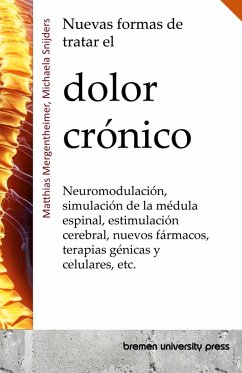
Broschiertes Buch
Neuromodulación, simulación de la médula espinal, estimulación cerebral, nuevos fármacos, terapias génicas y celulares, etc.
4. Oktober 2024
Bremen University Press
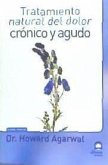
10,99 €
Versandfertig in über 4 Wochen
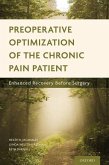
Broschiertes Buch
Enhanced Recovery Before Surgery
23. September 2019
Oxford University Press
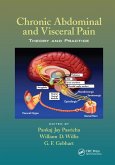
Broschiertes Buch
Theory and Practice
15. Oktober 2019
Taylor & Francis Ltd (Sales)
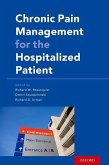
Broschiertes Buch
16. März 2016
Oxford University Press
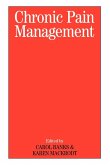
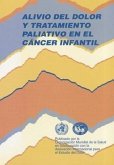
Broschiertes Buch
1. Dezember 1999
World Health Organization
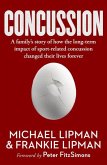
24,99 €
Versandfertig in über 4 Wochen
Broschiertes Buch
30. August 2022
Allen & Unwin
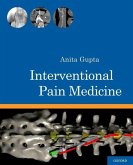
Ähnlichkeitssuche: Fact®Finder von OMIKRON
